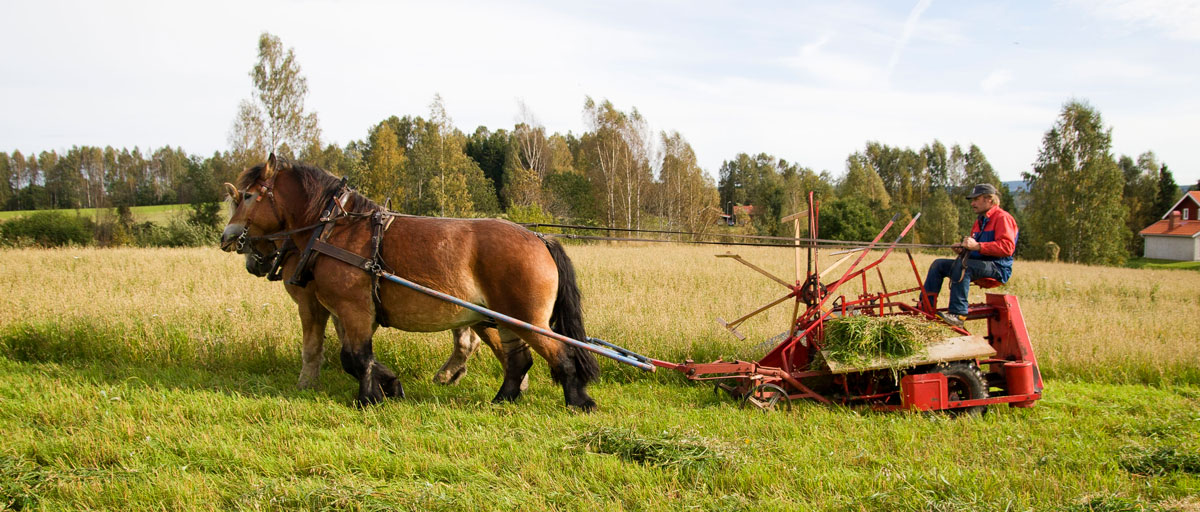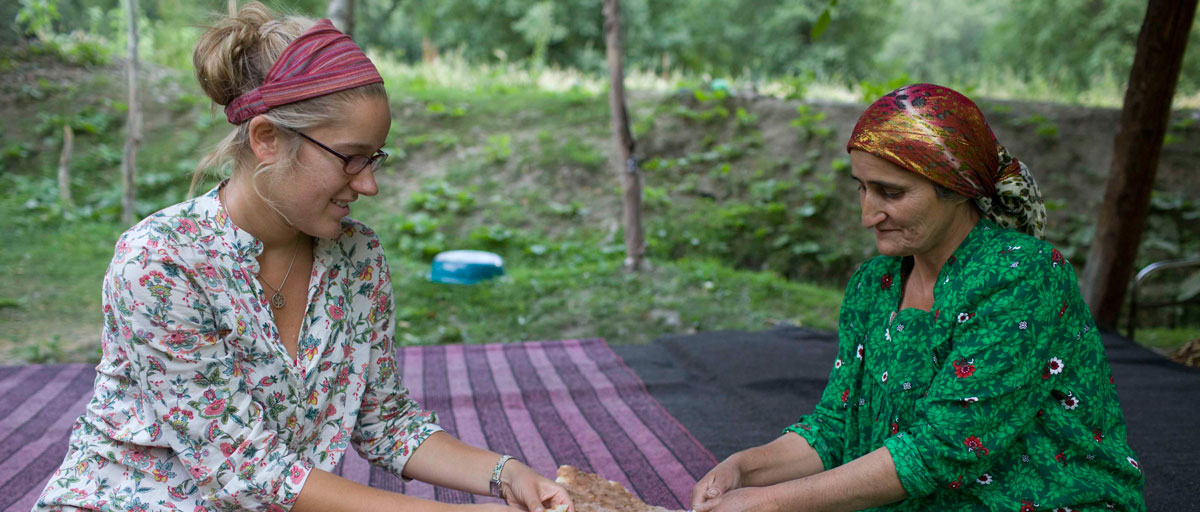Bildtext får vara max två rader text. Hela texten ska högerjusteras om den bara ska innehålla fotobyline! Photo: B. Christensen/Azote
HUMAN-NATURE INTERACTIONS
Biocultural approaches to sustainability remains too narrow and utilitarian
- Biocultural approaches are gaining attention for their ability to acknowledge of a plurality of human–nature interactions
- This systematic review identifies seven distinct biocultural lenses
- Biocultural approaches need to move to co-producing knowledge for sustainability solutions to better account for issues related to gender, power, action and transformations
Issues related to gender, power, action and transformations remain largely neglected. That needs to change
EMBRACING DIVERSITY: It should come as no surprise that human culture has an intimate relationship with the natural environment.
But what this relationship looks like is incredibly diverse. Citydwellers in Sao Paolo’s highrises see, use and interact with nature in a very different way from farmers on the urban fringe, for example.
These global, regional, or even local differences have important consequences for the potential solutions that best tackle sustainability issues, requiring approaches to finding these solutions that acknowledge just how different human–nature interactions and worldviews can be.
In a review published in People and Nature, centre researcher Jamila Haider together with an international team of researchers explore how biocultural approaches can reach their potential for finding much needed sustainability solutions.
The authors push for bigger efforts to actually co-producing knowledge needed for sustainability solutions.
We must move from a unidirectional utilitarian conceptualization of nature and narrow disciplinary solutions, towards more systemic and inclusive approaches.
Jamila Haider, author
Seven ways of understanding
Biocultural approaches build on local cultural perspectives — encompassing values, knowledges, and needs — and recognize feedbacks between ecosystems and human well-being. However, until now these approaches have been referred to in a broad and vague way.
The study looks at how biocultural approaches have been applied from 1990 to 2018, and separates them into seven distinct biocultural lenses - different ways of understanding and applying biocultural approaches:
- Biocultural diversity
- Biocultural conservation
- Biocultural landscapes and natural resources management
- Biocultural history and heritage
- Biocultural knowledge and memory
- Biocultural ethics, rights, and sovereignty
- Biocultural restoration, transformation and design
The authors explore how each lens considers the key aspects of sustainability science—inter- and transdisciplinarity, social justice and normativity.
Time to produce knowledge
The review suggests that biocultural approaches in sustainability science need to move from describing how nature and culture are co-produced to actually co-producing knowledge needed for sustainability solutions.
This move would contribute to the mainstreaming of issues related to gender, power, action and transformations, which have so far largely been neglected.
“More attention to these issues will help bring biocultural approaches to their full potential for sustainability science, ensuring that they are emancipatory and potentially transformative,” concludes Haider.
Podcast: The 2020 Human Development Report - how can resilience thinking contribute to new global development strategies?
Hanspach, J., Haider, L.J., Oteros-Rozas, E., Stahl Olafsson, A., Gulsrud, N.M. 2020. Biocultural approaches to sustainability: A systematic review of the scientific literature. People and Nature, Volume2, Issue3: Special Feature: Informing decision‐making with indigenous and local knowledge and science, September 2020, Pages 643-659. https://doi.org/10.1002/pan3.10120
For more information about the publication, contact Jamila Haider:










